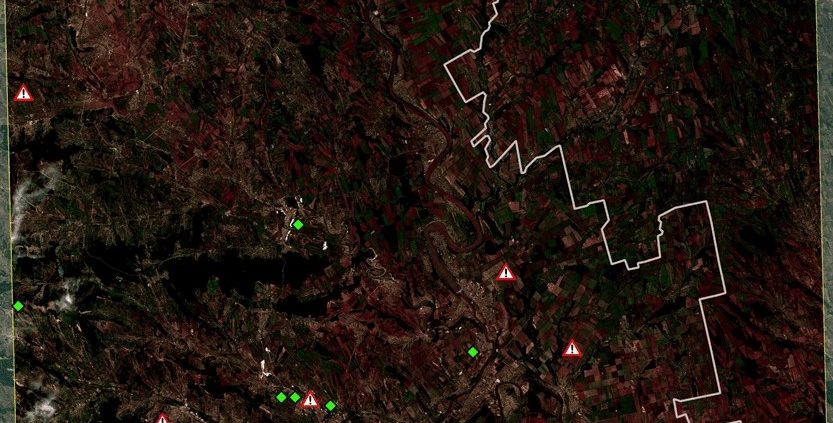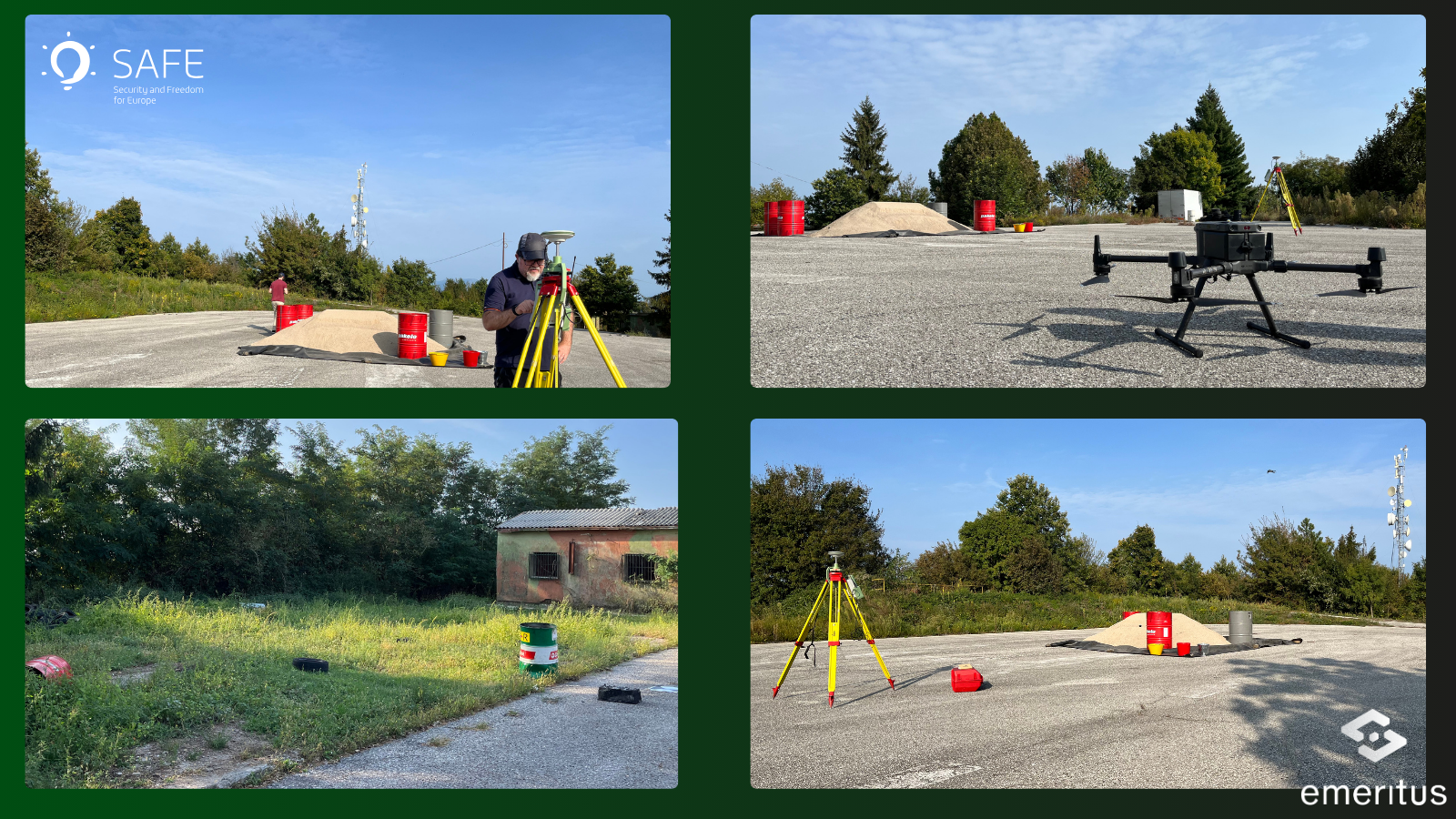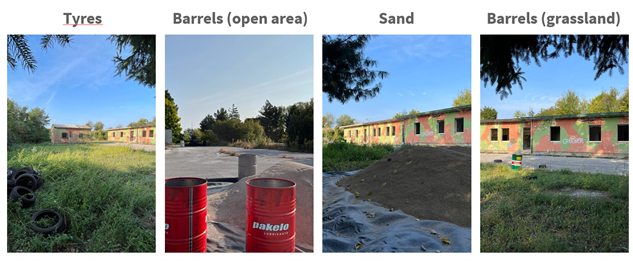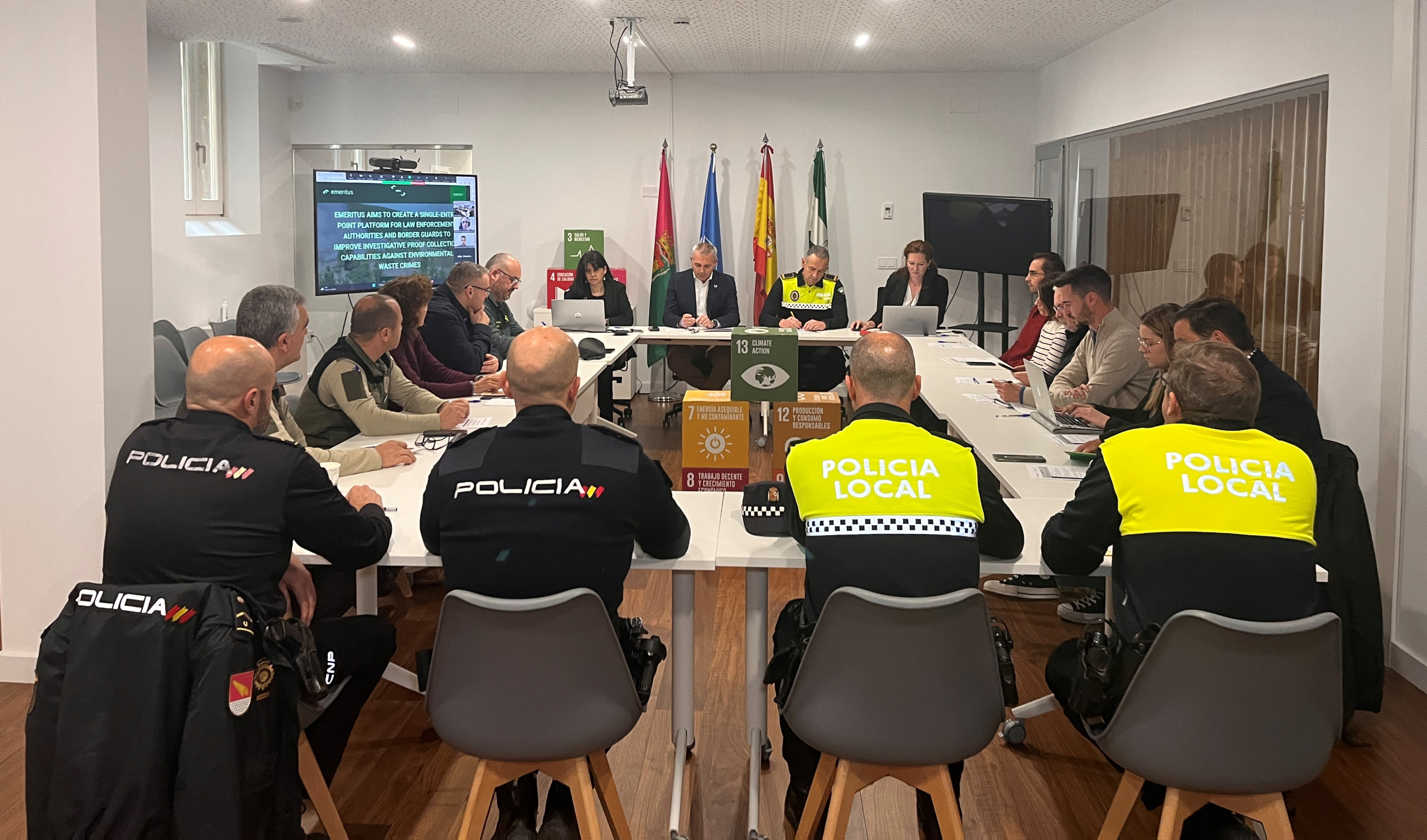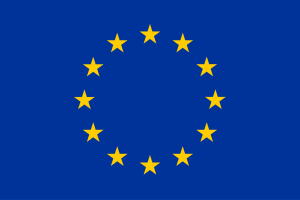GMV RO’s role in EMERITUS Project
Use Case description
Since 2007, the implementation of waste management measures in Romania has encountered several difficulties. Among the most important are the abolition of existing landfills and the delay in the construction of ecological landfills, so that 44 landfills are still to be closed. The rudimentary waste management infrastructure and limited access to waste collection services led to the uncontrolled dumping of waste of any kind.
Concerning the problem of waste trafficking, representatives of the Romanian Environmental Guard estimate that a turnover of 550 million euros a year is obtained from the waste black market. In 2021, Romania discovered as many illegal shipments of garbage as in the last five years.
The country is mainly a waste importer, with most of its waste arriving from Japan and European countries such as Germany, Belgium, Netherlands, Italy or the United Kingdom. The lack of selection of waste to be reused in different industries is the reason for the increase in illegal imports of garbage from other states. Illegal waste import to Romania enters through almost any type of border crossing, except air. Product remnants are transported in empty containers through seaports like Constanța, delivered either by barges entering via Danube ports, or by trucks crossing through border checkpoints.
Unlike Romania, which is mainly an importing country, in Moldavia waste trafficking includes both waste imports and exports, the main exportation country being Ukraine, while the country of origin for waste importation is Russia. Currently, waste trafficking is not monitored regularly. The illegal waste transports that were detected by the Moldavian Border Police consisted of mainly ferrous and non-ferrous metal waste, but also hazardous materials such as unrecycled medical waste and white mercury. Until August 2021 alone, almost 140 garbage containers destined to enter the country were discovered by the Romanian border police together with GNM.
Progress and future activities
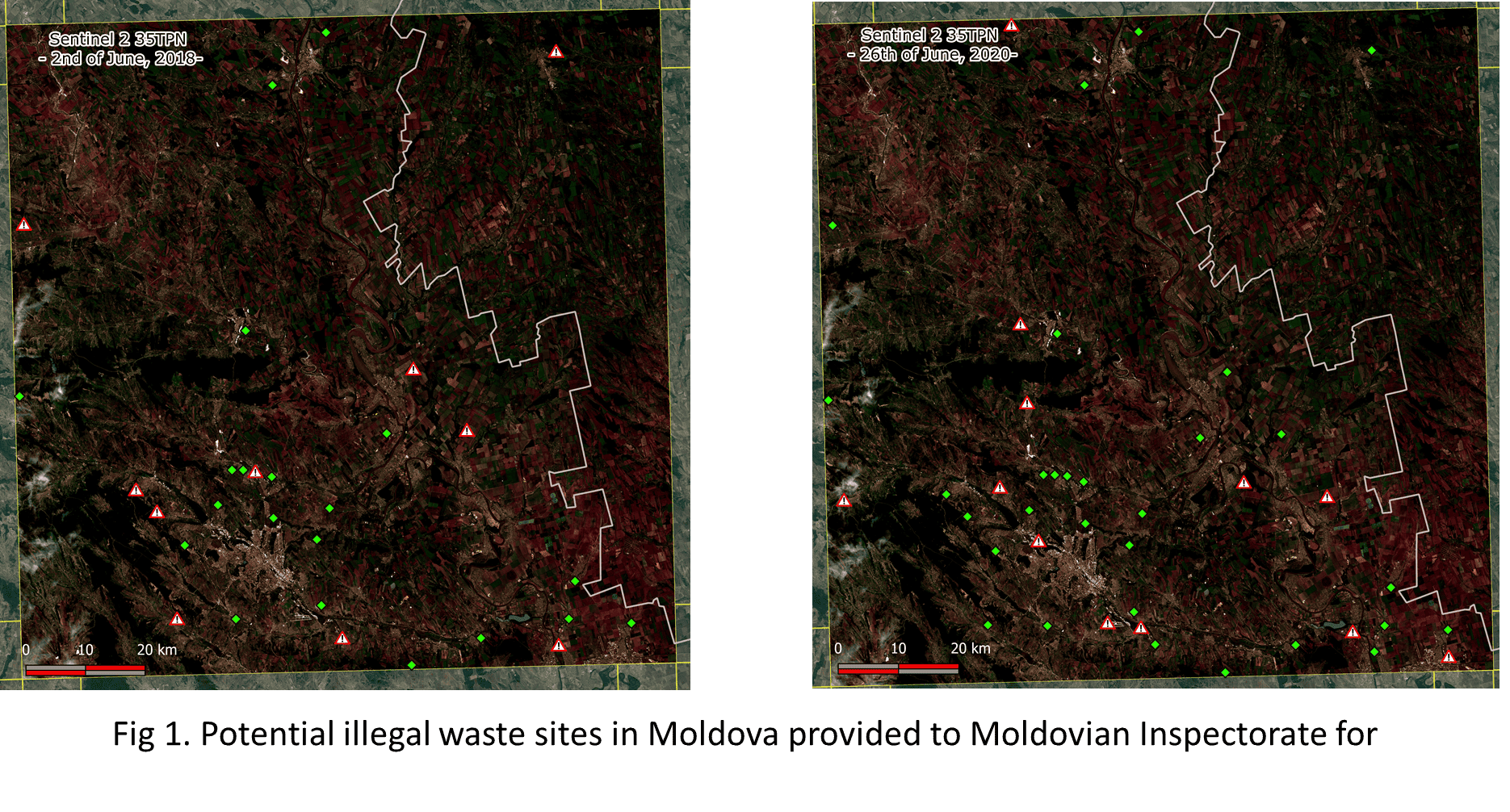 GMV RO’s progress in the EMERITUS project so far included the development of solutions based on EO data to detect possible illegal sites as well as stakeholder interaction with both Romanian and Moldavian partners. In the development stage, so far, GMV RO developed its own dataset consisting of Ground Truth locations of waste sites and complementary Sentinel 2 imagery. This waste dataset was built for training a multitude of State of Art Deep Learning models that were principally based on Semantic Segmentation of the identified possible illegal waste sites.
GMV RO’s progress in the EMERITUS project so far included the development of solutions based on EO data to detect possible illegal sites as well as stakeholder interaction with both Romanian and Moldavian partners. In the development stage, so far, GMV RO developed its own dataset consisting of Ground Truth locations of waste sites and complementary Sentinel 2 imagery. This waste dataset was built for training a multitude of State of Art Deep Learning models that were principally based on Semantic Segmentation of the identified possible illegal waste sites.
Complementary to this, GMV presented to the Romanian National Environmental Guard and Moldovian Inspectorate for Environmental Protection solution and the data derived with the model was the one that gave the best results. The results from the model led to a validation scheme proposed to us to the Moldovian Inspectorate for Environmental Protection and further continued by them on the field with the help of their in-field teams.
As planned activities by GMV RO, there are some approaches for further increasing the model’s robustness and the way it deals with false predictions. Also, there are intended actions to be taken for testing and validation in Greece in various locations, with the help of Greek partners.
Contributions to the project
GMV RO contributions to the project so far include a preliminary inclusion into the EMERITUS platform with a full working module able to predict the existence of possible illegal waste sites in a Sentinel 2 scene. Also, the model developed is one of the few approaches that use Sentinel 2 data for identifying possible illegal waste sites using near real-time data (as soon as a Sentinel 2 image is available) with Deep Learning models. This work that was developed under the project umbrella was disseminated among the peers within 1 Big Data from Space conference that took place in November 2023 and Environmental Crimes Workshop from Rome, 2024.
